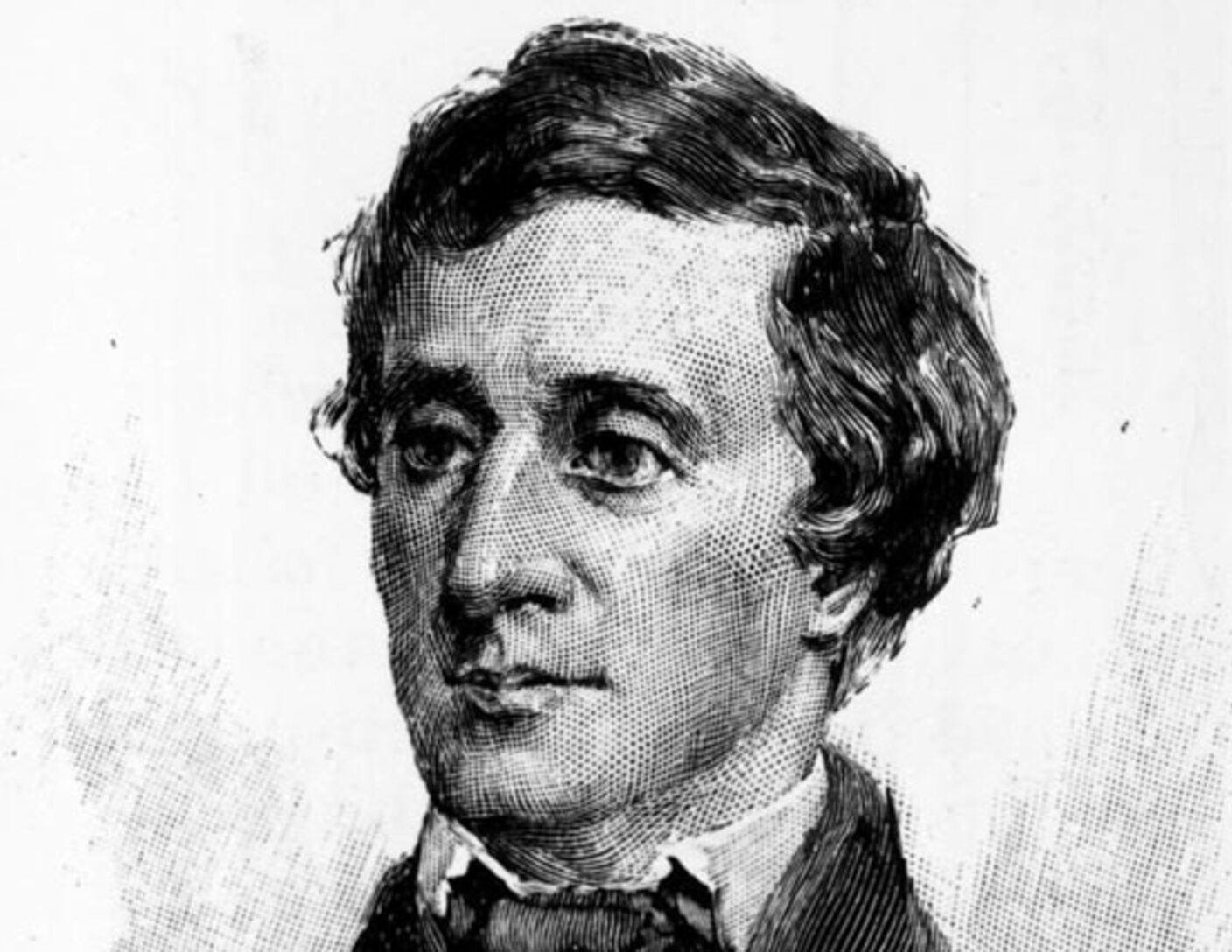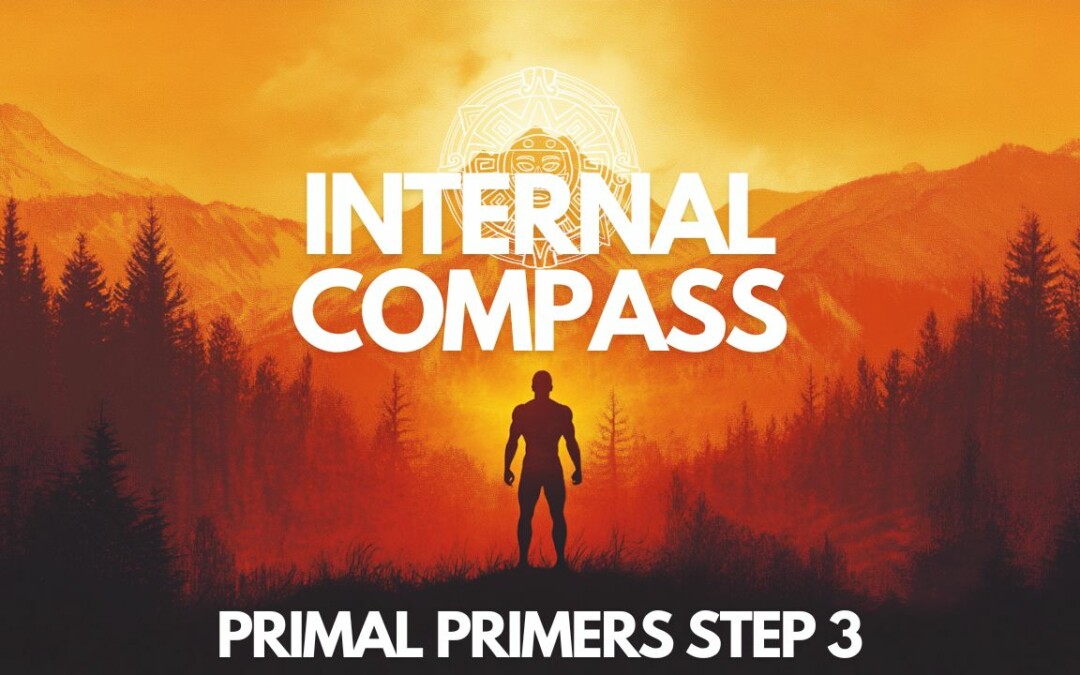Everyday we are engaged in the broad scope of work. “Work” being an operative word used to describe any action that is productive. Although many would argue the subjective semantics of “productive” and rightfully so being a theme to unpack later. Independent of your personal alignment with the productivity of your work, we all can agree that this state of being is not of chance, and more or less a routine in cosmic alignment with the rising sun. Most of our living is spent in the action of work, being more concentrated during the weekdays, during daylight, and a source of a myriad of emotions spanning a lifetime and sometimes even inherited via the entwinements of helix code.
Work is important. And we define ourselves by the type and quality of said work. I would bet that in many introductions between people newly met, within the first 27 minutes contain questions centered around this soon to be solved mystery of “what do you do for a living.” or “what do you do for fun?”. After all, how one provides value to the community is a curious and critical attribute we all contain at one level or another. As we all spend our ephemeral heart beats in cadence and rhythm of work, the sweat of brow and brain creates indelible histories that have the potential of living far after our names are forgotten. And as the hammer drives its final nail, many sink into desolate emptiness following the cashing of one last check. Lured by the promised land of retirement, only to behold an empty bejeweled chest of solitary uncaring coldness; abysmal madness even to the most once tethered.
If we are to be defined by work, and toil for most of our productive years in action, it surely must be a planned enterprise and multidisciplinary in nature. This work should be chosen carefully, residing not just in the domain of pay, but in it’s most actualized state: an act of creation, beneficial to others, and rewarding in a greater than monetary sense. Deeper yet, does the creative function of this work leave behind a legacy? All of these questions that should be considered in the formative years of training for work; meditate deeply on this.
The utopic ideal of work can certainly be viewed as a practice as opposed to destination, an azimuth that lines with the individual’s internal compass (think call to adventure). Direction is important, especially when destination is multigenerational.
Work Advice
Start work at an early age: 15.5 years is when an adolescent can apply for work permit. The quicker you start working, the quicker you increase the breadth of experience received (EXP. Points Earned); with leveling up being behind said EXP thresholds. And at the very least, you will become practiced in discipline and fundamentals of success: showing up on time, managing a schedule, learning new roles, and interacting with cohorts and customers. You may also come away with the bonus insights clearly signaling intent of not spending any more time in the act of this type of work: viciously important learnings.
Work is not just a job. Seek valuable work outside of the shackles of payment and punching a time card. Learn a skill, become obsessed, create something, become an expert, and return the knowledge to the next generation of seekers. Also, never stop seeking yourself.
“The devil finds work for idle hands.” ~ Henry David Thoreau. Rest is essential, and if you don’t get enough, your body will pull the emergency break eventually. The converse is true for the other direction as too much “rest” de-conditions the mind. And with an idle mind comes activities that will only further the idle. Choose your rest carefully, and deploy the minimum effective does required.
“Those who work much, do not work hard.” ~Henry David Thoreau. Work should challenge you. Choose work that is not rote and mechanistic in nature. I can promise you that a job of redundant duty, without scale or appreciable variable / variety, will decay the mind and desecrate spirit. Although there may be utility as a means to future ends, this type of work scope should not be long in duration or without exit strategy.
Take on a creative challenge outside of work. Learn a new skill. This doesn’t have to relate to your current job, and perhaps better so if your current work is less than ideal. Extra curricular actives may also inspire an escape from the doldrums of your current job. Worst case you learn a new skill while on the path to mastery and innovation. This will enable an inherent sense of crafting, unique utility to others, and even stimulate pride from yourself or others. All of these can serve as a potent anesthetic lessening the pain when a series of preconditions are interpreted as insurmountable for transitioning to more meaningful work.
Leverage Performance Strategies In Your Work
Natural Patterns of productivity. Find your natural rhythms of energy. The 9-5 isn’t always your best hours of production. With the revolution of work from home looking more like a permanent work culture, find ways to align your energy with hours that best fit. This may vary significantly on an individual level. Get comfortable with a later or earlier start time. Get your workouts during business hours (many cognitive benefits). Cook your lunch, or meal prep, spend time with your family, and work the after hours. Your life can indeed fit in the natural breaks of the work day, making for a more productive and happier human. This can be antidote to burnout.
Prioritize your most challenging work early in the day before distractions or energy attrition prevent accomplishing the more important deeds with the highest attention you can leverage. The Paredo Distribution describes a power law probability stating that 80% of outcomes are due to 20% of causes. This law is predictive from a wide range of applications ranging from oil field values, return of individual stocks, size of human settlements, and size of meteorites. Tying this concept down with work: 80% of our work results are likely due to 20% of actives. For sales people, 80% of your revenue comes from only 20% of your customers. Focus on the important work.
For the other 80% of low importance Pareto work (maintenance or routine tasks), don’t lose sight of staying organized around the small things as they are cumulative and can derail reputation while distracting from the important 20% value tasks when confronted with unscheduled catch ups. Schedule these out with calendar reminders and blocks of time to complete later in day, week, period, or quarter. Staying organized with the small stuff will create ease of burden, a good reputation (managers will appreciate not needing to micromanage) and keep production freshest for the heavy lifting important tasks.
Always be seeking. No matter your assessment of skill and expert level standings, continue a seekers stance of knowledge and skill. Integrate and download how your cohorts approach work in your field. Do this will interdepartmental teams. Learn how their work affects yours and demonstrate how your work affects them. Understand their incentive structures and how they strategize work. If you approach from a place of genuine interest you will make a friend, create currency between departments, learn something for your own intra company strategy, while adding bullet points to your end of year performance review.
Find a way to redefine work and your relationship with it. This critical aspect of life can be the source code to large degrees of existential meaning and value to yourself and mankind. Choose carefully, re-evaluate often, and keep seeking.















